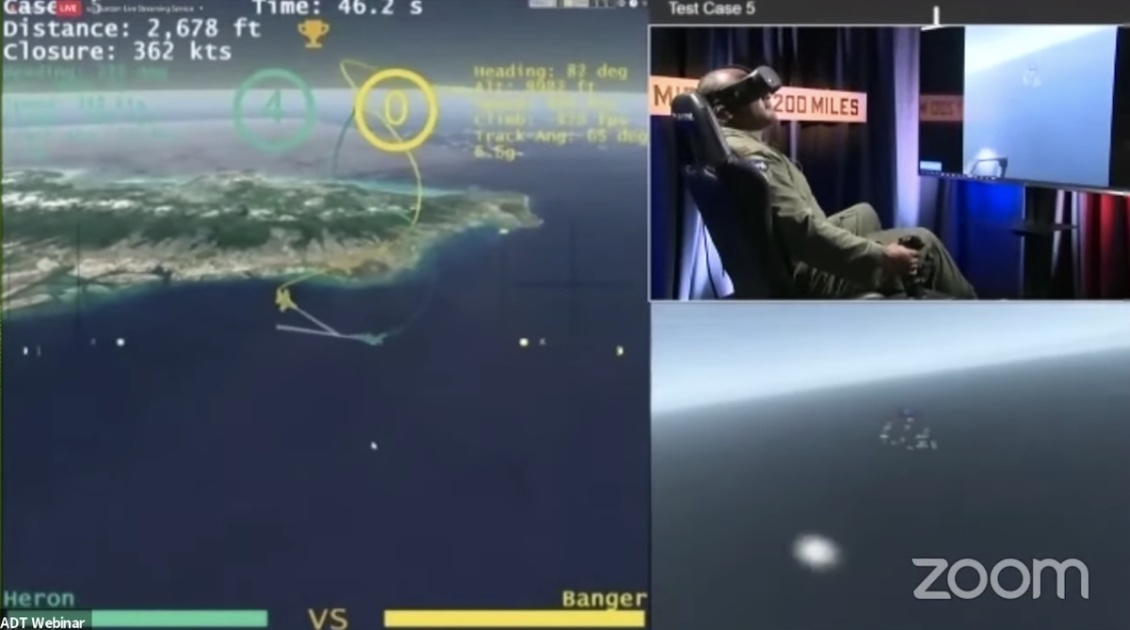Defense One reports that like many other artificial intelligence systems we’ve seen, progress in developing these pilots relied on deep reinforcement learning that trained by attempting their tasks over and over again in a virtual environment. Notably, the AI pilots weren’t allowed to use information gleaned from these battles to upgrade during the competition, which had a number of limitations separating it from real-life, like a lack of collision detection between the planes.
After their AI won the competition, Heron Systems developers gave a Q&A via YouTube (the entire event was conducted remotely via Zoom), explaining some of the behavior they saw and even some movements that were unexpected. According to Heron, their agent is capable of running (without real-time image recognition) on something as small as an NVIDIA Tegra chip.

